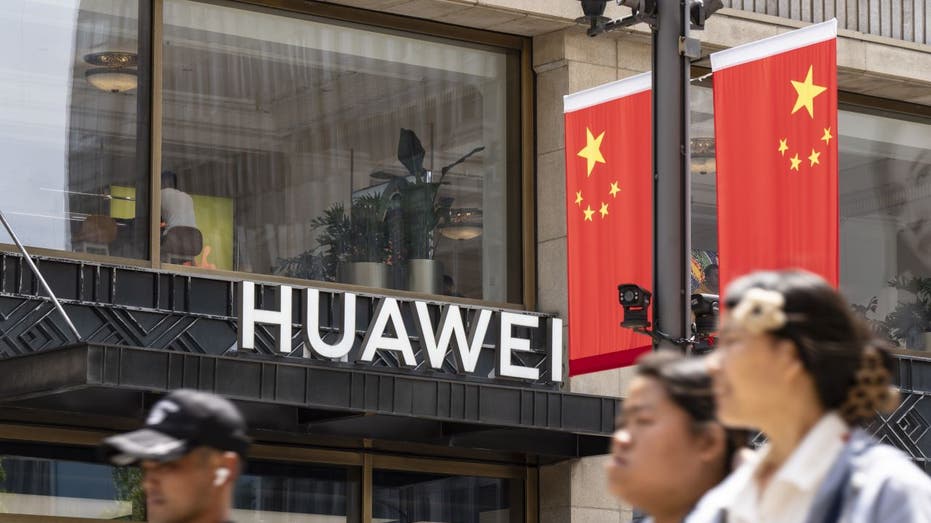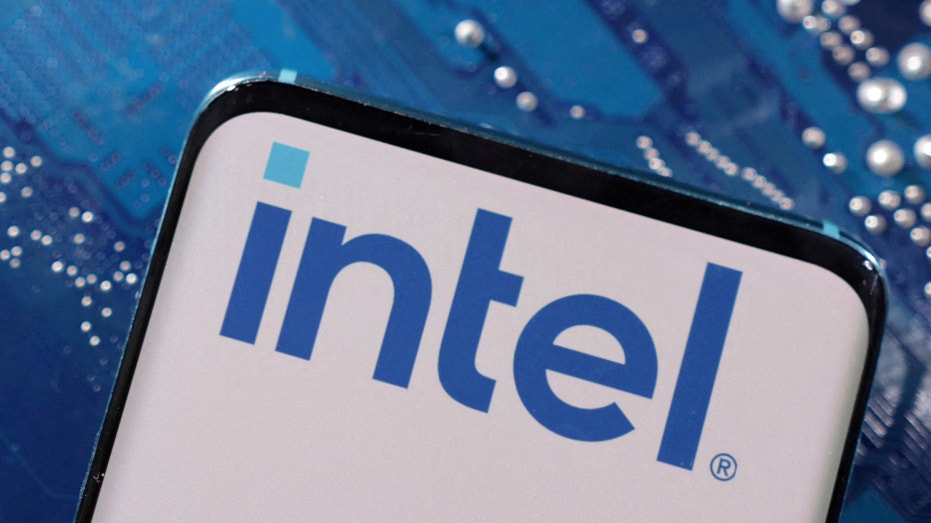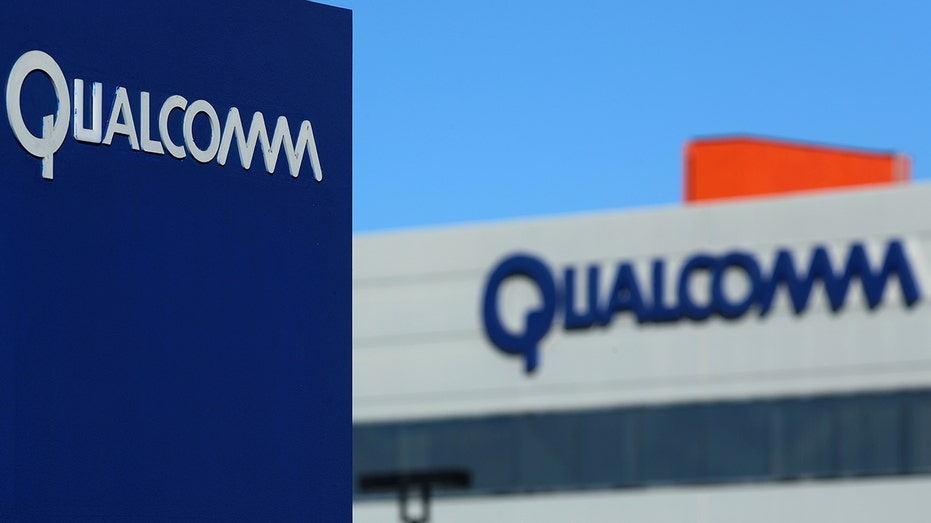US blocks some Intel, Qualcomm exports to China over Beijing's objections
Export restrictions come after Huawei unveiled its first AI-enabled laptop
China's Xi should help end Russia-Ukraine war: Chin
The Milken Institute's Curtis Chin talks about world leaders calling on China to stop Russia as the nations' relationship sparks concerns; he also discusses investments in China as well as artificial intelligence.
The U.S. on Tuesday revoked some of Intel and Qualcomm's licenses to export to China over national security concerns, a move that the Chinese government complained was unnecessary and excessive.
Intel didn't disclose the name of the Chinese customer, although Reuters reported Tuesday that the U.S. revoked licenses that had previously allowed companies like Intel and Qualcomm to ship chips used in laptops and handsets to sanctioned Chinese telecommunications equipment maker Huawei.
The development comes after Huawei last month released its first laptop enabled with artificial intelligence (AI) that was powered by Intel's new Core Ultra 9 processor, which drew pushback by congressional Republicans who criticized the Commerce Department for permitting sales of the chip to the blacklisted firm.
"The Commerce Department has revoked certain export licenses for Huawei in our industry, including one of our licenses," Qualcomm told FOX Business in a statement. "We will continue to comply with all applicable export control regulations."
US SPIES TO USE SECRETIVE AI SERVICE FROM MICROSOFT

Chinese telecommunications firm Huawei is subject to U.S. trade restrictions. (Qilai Shen / Bloomberg / File / Getty Images)
Qualcomm filed an 8-K on Thursday that explained the Commerce Department revoked the company's "license to export 4G and other integrated circuit products, including Wi-Fi products" to Huawei as well as its affiliates and subsidiaries effective on May 7.
"Despite the revocation, we are not changing our financial guidance for the third quarter of fiscal year 2024 previously provided in our earnings release issued on May 1, 2024," Qualcomm added.
| Ticker | Security | Last | Change | Change % |
|---|---|---|---|---|
| INTC | INTEL CORP. | 50.59 | +2.35 | +4.87% |
| QCOM | QUALCOMM INC. | 137.34 | +1.04 | +0.76% |
In an 8-K regulatory report filed Wednesday, Intel noted that the company was informed by the Commerce Department that it "was revoking certain licenses for exports of consumer-related items to a customer in China, effective immediately."
BILLIONS IN US INVESTMENT GOES TO CHINESE FIRMS LINKED TO CCP MILITARY, HUMAN RIGHTS ABUSES

Commerce Secretary Gina Raimondo said the U.S. is cracking down on tech exports to China that can be used in AI tools. (Celal Gunes / Anadolu Agency / File / Getty Images)
"As a result, the Company expects revenue for the second quarter of 2024 to remain in the original range of $12.5 billion to $13.5 billion, but below the midpoint. For full year 2024, the Company continues to expect revenue and earnings per share to grow year-over-year compared to 2023," Intel added.
Commerce Secretary Gina Raimondo told Reuters after a congressional hearing on Wednesday that "Huawei is a threat" and that the move isn't a change in policy.
"Maybe we have an increased focus on AI. And so, when we learn more about AI capabilities, that's when we have to take action," Raimondo told the outlet. "So, if a chip that we previously licensed, for example, now we discover had AI capabilities, we're going to revoke the license."
CAN CHINA CATCH US IN AI RACE?

Intel declined to name Huawei as the export customer and revised its financial projections based on the new restrictions. (Reuters / Dado Ruvic / Illustration)
The Chinese foreign ministry has long criticized efforts by the U.S. to crack down on exports of sensitive technologies to China, including those that enable AI. It said in a statement that the U.S. government was "over-stretching the concept of national security and abusing export controls to suppress Chinese companies without justification."
Huawei Technologies has been on a trade restriction list by the U.S. in 2019 over concerns the telecommunications company could spy on Americans.

Qualcomm said export licenses to Huawei were revoked but opted against revising its financial forecast. (Reuters / Mike Blake / File)
GET FOX BUSINESS ON THE GO BY CLICKING HERE
The Biden administration and Congress have used export bans and other means to prevent U.S. companies from providing China with technologies like AI and quantum computing that can aid the Chinese Communist Party's military modernization drive as well as alleged human rights abuses.
Reuters contributed to this report.




















